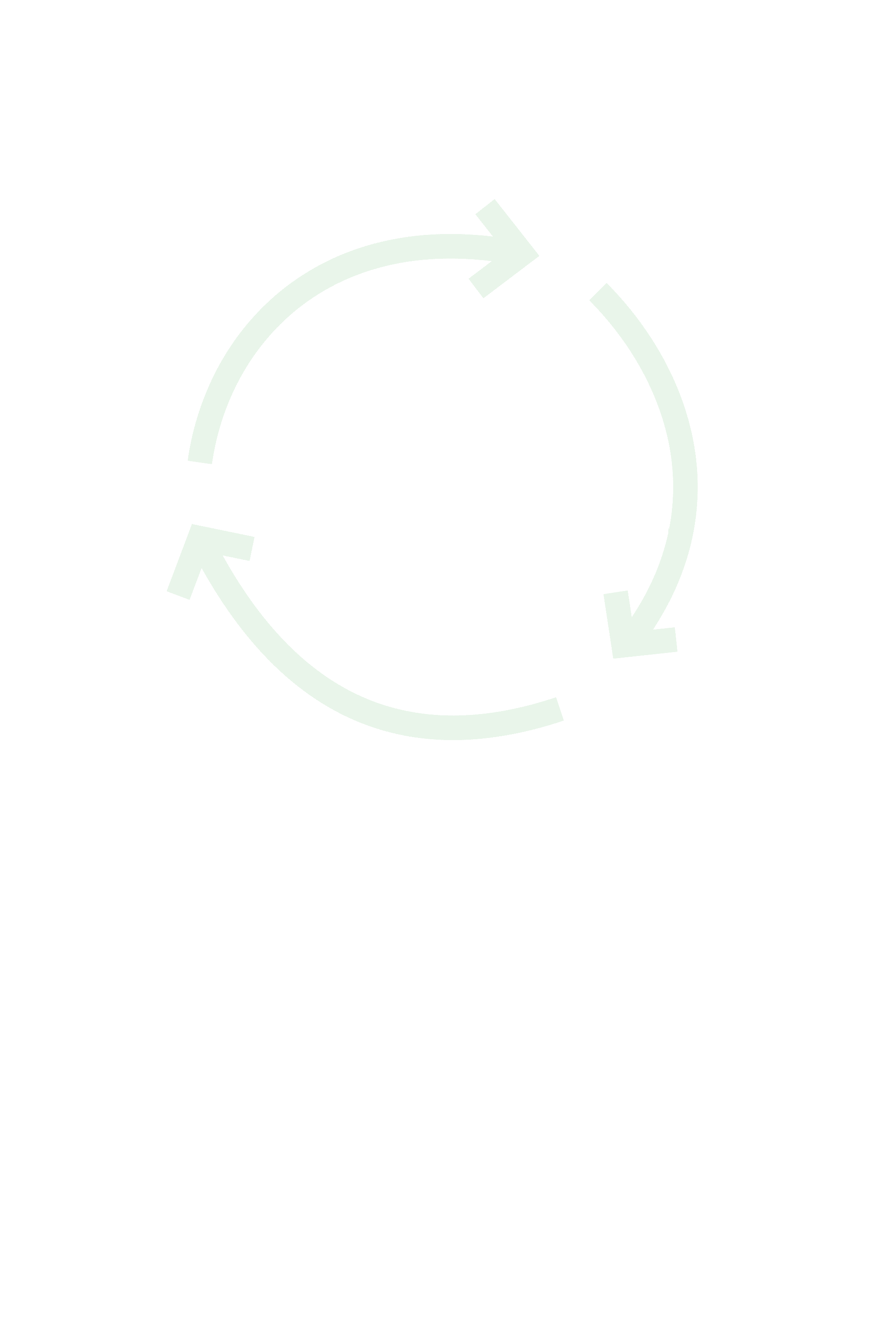In a world where sustainability has become a priority, companies in the textile and fashion industry face a crucial challenge: transforming their business practices towards a more responsible economy. Dawa is at the heart of this transformation, helping brands resell second-hand products and promoting a circular economy model.

Circular Economy: The Key to a Greener Fashion Industry
The fashion industry is one of the most polluting in the world. However, adopting circular economy practices can significantly reduce this impact. For instance, recycling, reusing, and reselling garments not only extends the life cycle of products but also decreases the need to produce new resources, thus reducing the industry’s global carbon footprint.
How Dawa is Driving the Shift Towards Responsible Consumption
Dawa offers a platform that allows fashion, textile, and furniture brands to reintroduce second-hand products into the market. Through our system, customers can resell items they no longer use directly to the brand. These products are reviewed, restored if necessary, and listed in the brand’s "Second Life" section on their website, available for purchase by new customers.
Why Second-Life Products are the Future of Fashion: The Tangible Benefits
The benefits of implementing a circularity model are clear and measurable:
Slash Your Carbon Footprint: Studies show that reselling second-hand products can cut the fashion industry’s carbon footprint by up to 20%, thanks to reduced production and manufacturing processes.
Save Valuable Resources: Reusing garments saves significant resources, including water and energy, reducing the need for virgin materials and cutting down on waste.
Boost Brand Loyalty and Consumer Engagement: Modern consumers value brands committed to sustainability, leading to stronger loyalty and improved brand positioning.
Leading Brands Show How Circularity Pays Off
Global brands in the textile sector are already reaping the rewards of circularity. Companies like Patagonia and H&M have implemented resale programs that not only allow them to maintain control over the quality and life cycle of their products but also strengthen their commitment to sustainability.
Conclusion
Dawa not only supports brands in their transition to more sustainable practices but also empowers them to lead the change towards a more responsible future. By facilitating the resale of second-life products, help build a more sustainable fashion sector, one that is less dependent on natural resources.
Dawa's commitment to the circular economy is a step forward towards more conscious and responsible consumption. The company invites all brands to join in this transformative initiative.

















